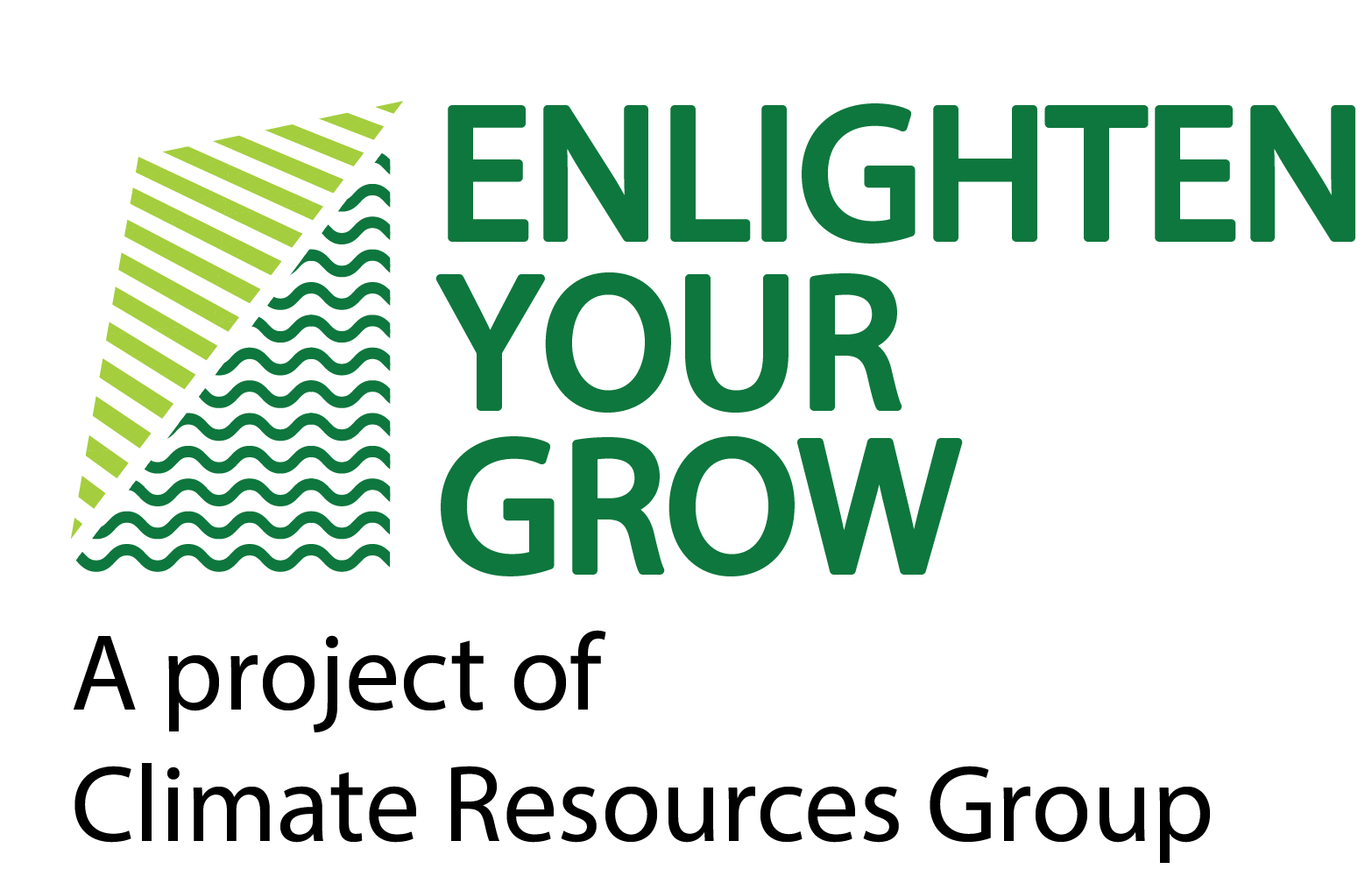Since late 2020, Maine cannabis businesses have had access to one of the best energy efficiency incentive programs in the country. Efficiency Maine has continued to make small but consequential changes that make adopting energy-efficient equipment, such as LED lights, standalone dehumidifiers, advanced HVAC systems, lighting and environmental controls, and even energy-efficient power generation, even more attractive.
After years of notoriety of being the only state in the country to disallow energy efficiency funds for cannabis enterprises, the Efficiency Maine Trust Board voted in October 2020 to give a green light to businesses lawfully engaged in Maine’s cannabis industry to use their programs.

A rocky beginning, then baby steps
Until the Board vote, the Efficiency Maine Trust Board had frustratingly insisted on preventing cannabis businesses from tapping this public money, on the dubious principle that Maine cannabis businesses were uniquely vulnerable to seizure of property from the federal government, and therefore at risk of forfeiting their promised savings from energy-efficient lighting and HVAC technologies. Thankfully, in October 2020 the Board wisely lifted the ban by recognizing that Maine cannabis businesses have as much right to these funds as any other business operating legally under Maine law.
A good program becomes a great one
Almost a year into the program’s availability to cannabis businesses, in September 2021, Efficiency Maine directed its Prescriptive Incentive Program to process some cannabis lighting projects. This administrative change simplified the job of the project reviewers by placing a large type of lighting projects in a basket for their quick review. In April 2022, Efficiency Maine made some additional changes.
So, cannabis cultivation lighting projects that meet certain conditions – mainly that grow rooms use a split HVAC system with standalone dehumidification – will earn the lesser of these two metrics:
- $0.28 / kWh saved in Year 1
- 50% of the total project cost (assumed labor costs are automatically added to the total project cost)
A piece of good news is that there is still no longer a minimum project size for cannabis cultivation lighting, opening up rebate opportunities to the smallest commercial growers.
But be careful: you still have to receive pre-approval from Efficiency Maine for your project before you can go shopping.
Standalone dehumidifiers come to the party
At long last, Efficiency Maine’s Prescriptive Program added energy efficient standalone dehumidifiers, like what Anden and Quest typically offer, to the mix. For a reasonably efficient dehumidifier, applicants can receive a check equal to $4 per pint per day per unit, capped at 1 pint / day / square foot of canopy.
An easier way to think about it is that a typical DHU rebate could look like this:
Quest 105 —> $420
Quest 506 —> $2,024
Anden A130 —> $520
Anden A320V1 —> $1,280
Anden A720 —> $2,840
Only standalone DHUs with an energy factor of 2.9 liters per kWh or more are eligible. This leaves out most Amazon or Home Depot specials and even some Anden and Quest units. So, be sure to check the unit’s energy factor if you have your heart set on receiving an incentive.
“Non-standard” cannabis projects still use the Custom Program
Indoor cultivators, labs and processors, whose energy equipment needs are far more complex, will need to go through the Custom Incentive Program. For growers in particular, a wide range of technologies are eligible for Custom incentives, including HVAC systems and controls, natural gas chillers; onsite power generation technologies; and a host of gas-savings measures. Lighting will also qualify as for a custom incentive if it does not meet the guidelines necessary for the prescriptive program, such as being in a space that is equipped with packaged HVAC-D technology. Equipment used in product manufacturing may also be eligible for incentives.
For a Custom Incentive Program, the first step will be to connect with Efficiency Maine before making any purchase decisions. Keep in mind that it will be too late to access rebates if the purchase is already made.
At the most basic level, the applicant will need to prove to Efficiency Maine that the benefits of the proposed project will exceed its overall project costs, but applicants will need to demonstrate additionality and project durability.
What are these incentives worth?
The minimum custom program incentive payment must be at least $10,000. For a lighting retrofit or equipment replacement project going through the Custom Program, Efficiency Maine will pay 50% of the total project costs (so a minimum $20,000 total project cost); for a new construction or expansion project, they pay 75% of the incremental cost of the more efficient equipment.
It is worth noting that incentive checks for these non-prescriptive cultivation lighting projects are capped at the lesser of these scenarios:
- $1,000,000 for projects targeting electric savings, or $500,000 for those reducing natural gas or other fuels;
- $0.28/kWh multiplied by total annual electricity savings;
- Amount needed to bring Simple Payback to 1 Year; or
- 50% of total costs or 75% of retrofit or new project incremental costs.
Assessing the efficiency opportunity
Applicants should realize that applying for efficiency incentives requires time and attention, and they must be ready to carve out resources – internally or from outside – to devote to the process. The Enlighten Your Grow team is equipped to handle this work for you. The good news is that whoever spends the time, focused investment in the process will yield significant dividends.
Larger applicants may be eligible for a free Scoping Audit from Efficiency Maine and/or a 50% cost-share for a deeper and more comprehensive Technical Assistance study. Applicants with smaller facilities will need to develop their own investment-grade analysis.
What next?
With a savings analysis in-hand, applicants will submit their proposal to Efficiency Maine, which staff will review and approve or recommend changes. Once approved, your work on the project can begin.
Efficiency Maine will inspect the installation and verify your invoice as soon as the equipment is in place. If everything looks as it was described in the application, Efficiency Maine will cut you their check shortly thereafter.
Climate Resources Group is an energy and sustainability consultancy that provides rebate facilitation and other services to cannabis businesses through its Enlighten Your Grow program. We are happy to answer any questions about how we can help your business grow while saving energy and money.
